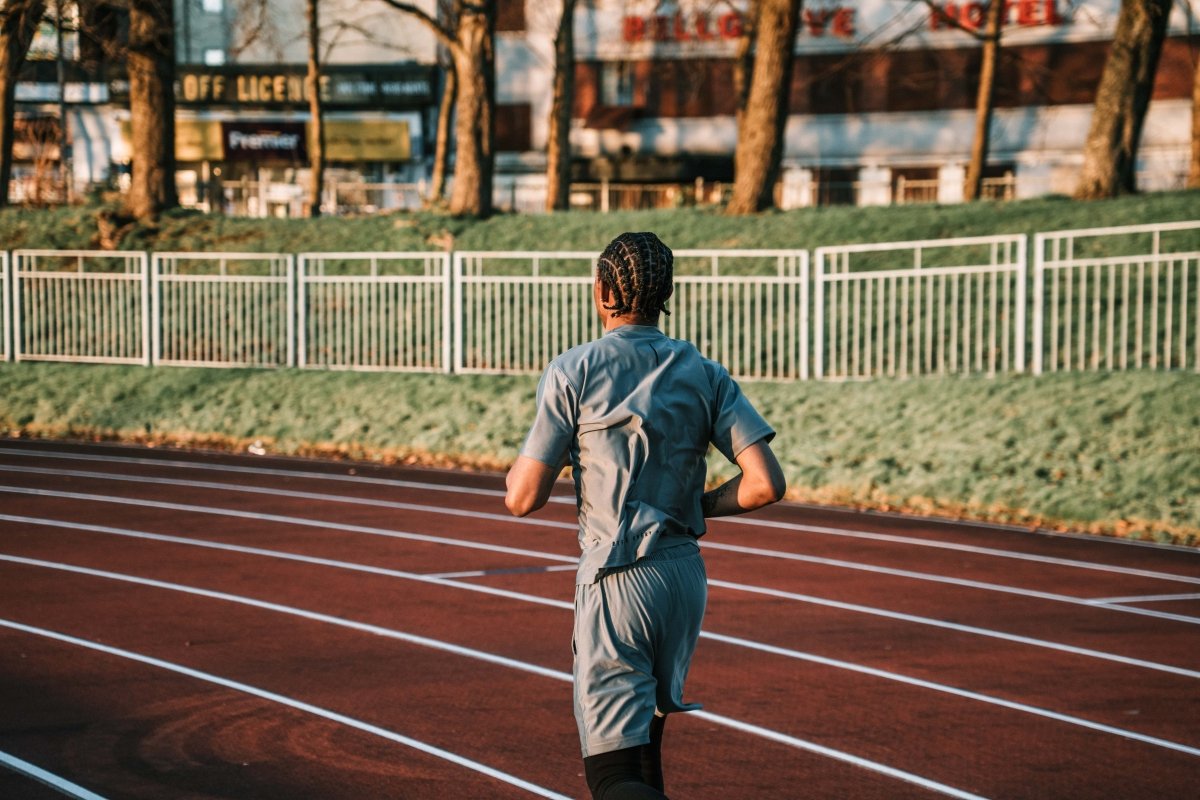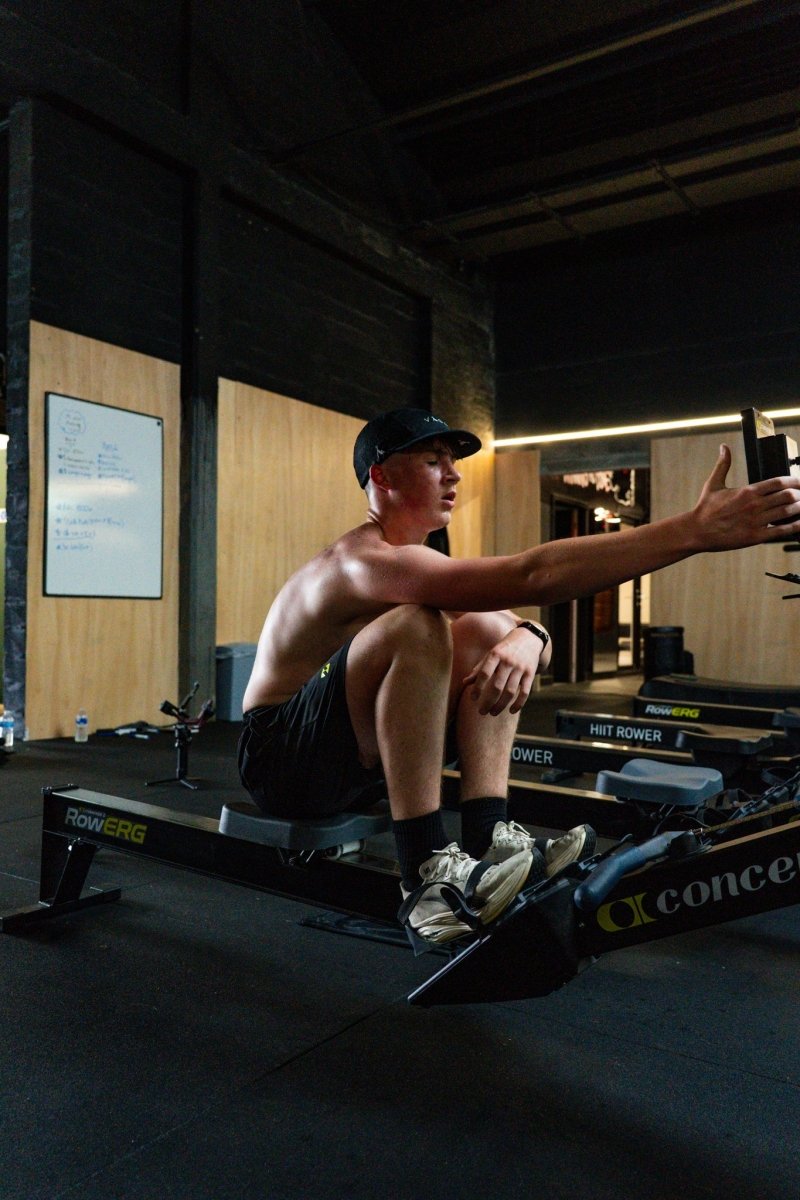
Should you do cardio when trying to build muscle?
Yes, you can do cardio when trying to build muscle, but it should be balanced and not excessive. Strategic cardio supports heart health, recovery, and fat loss without significantly hindering muscle gains if managed correctly.
Benefits of Cardio During Muscle Building
Including moderate cardio in a muscle-building programme helps improve cardiovascular endurance and aids nutrient delivery to muscles. Light to moderate-intensity sessions promote recovery by increasing blood flow and reducing muscle soreness after intense weight training. Additionally, cardio can help regulate fat gain during bulking phases, resulting in a leaner physique.
Cardio, such as brisk walking, cycling, or low-intensity steady-state (LISS) training, is preferred over long sessions of high-intensity interval training (HIIT) when the goal is muscle growth. Limiting cardio to two or three 20–30 minute sessions per week is usually effective for most individuals focused on hypertrophy.
Integration Without Hindering Muscle Gains
Excessive cardio can impede muscle growth by increasing calorie expenditure and potentially causing muscle breakdown, especially if recovery is insufficient. To avoid this, schedule cardio after your resistance workouts or on separate days, and prioritise weight training sessions for best muscle-building results.
Nutrition remains essential. Ensure a calorie surplus with adequate protein to support recovery and muscle synthesis. Utilising products like high-quality whey protein powders can assist in meeting protein goals efficiently, particularly post-workout when muscle repair demands are highest.
Choosing the Right Approach
Assessment of your fitness goals and current activity level is necessary. Those aiming for maximum muscle gain may reduce cardio further, whereas individuals seeking improved conditioning or minimal fat gain can benefit from moderate cardio inclusion.
In summary, maintain balance: controlled cardio, nutrient-rich diet, and prioritisation of resistance training ensure optimal muscle gains without sacrificing overall health. Integrate supportive supplements, such as protein shakes, as part of your strategy for efficient results.


